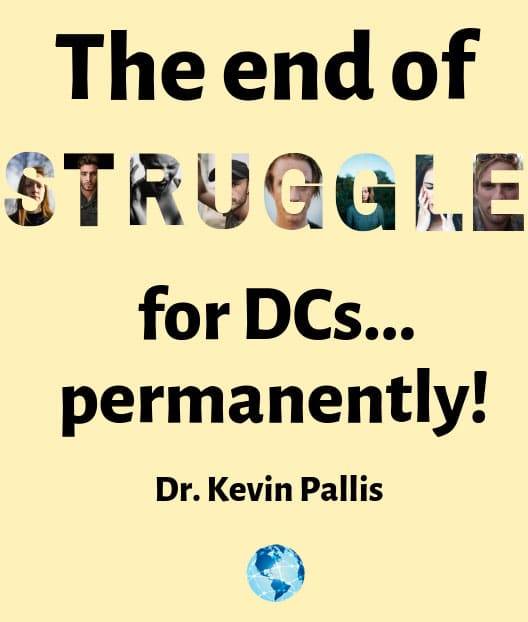Who’s really all in?

You’ve been waiting for this new patient to enter your office for a while now. It’s not your typical adult with lower back pain. The new patient is a child and they’re on the PDD spectrum and needs your help immediately. You have been in contact with one of your practice a member who is also a relative of the patient and they have influenced the parents to come speak with you.
What happens now?
As a DC who handles kids in all difficult circumstances, you would think by the severity of the problem that the parents would also have the urgency to get help. You would think they would drop their daily distractions and focus on getting their child healthy.
Surprisingly, that’s not always the case!
There are two types of parents with health challenged children. There are ones that recognize the severity of the problem and are willing to do whatever it takes. Then there are others that fail to realize how severe the problem is and want to find a short cut to getting results.
We see this in all areas of human endeavor from economics, academics, to fitness, and more. People want to take short cuts instead of committing to the process and get results. Being a master in any endeavor is neither easy nor convenient.
There are no simple solutions to complex problems.
How many patients do you know that are stuck in an array of activities that are supposed to help but don’t produce results?
Parents that are hypnotized by activities instead of achievement are very difficult to work with. In their minds, they’re already doing everything they can to help their child. They won’t see the need of committing to your care.
It’s not that you can’t help their child get healthier; you just aren’t going to receive the opportunity.
They will make excuses about their busy work schedules, lack of insurance coverage, expenses, and more. They spend more time worrying about the problem and everything that’s wrong instead of putting their time and resources into the solution.
Parents that are all in when it comes to their family’s health are a pleasure to work with. They view your office as a community where they willingly participate, pay inside or outside of insurance, and refer in others just like them.
They focus on what can be done instead of defending what can’t be done. Don’t attempt to convince to parents with facts, figures, x-ray analysis, or nerve scans. Understand the two groups of parents and welcome in the ones who will do what it takes.
It’s real easy to be stubborn; it takes real courage to ask for help!


